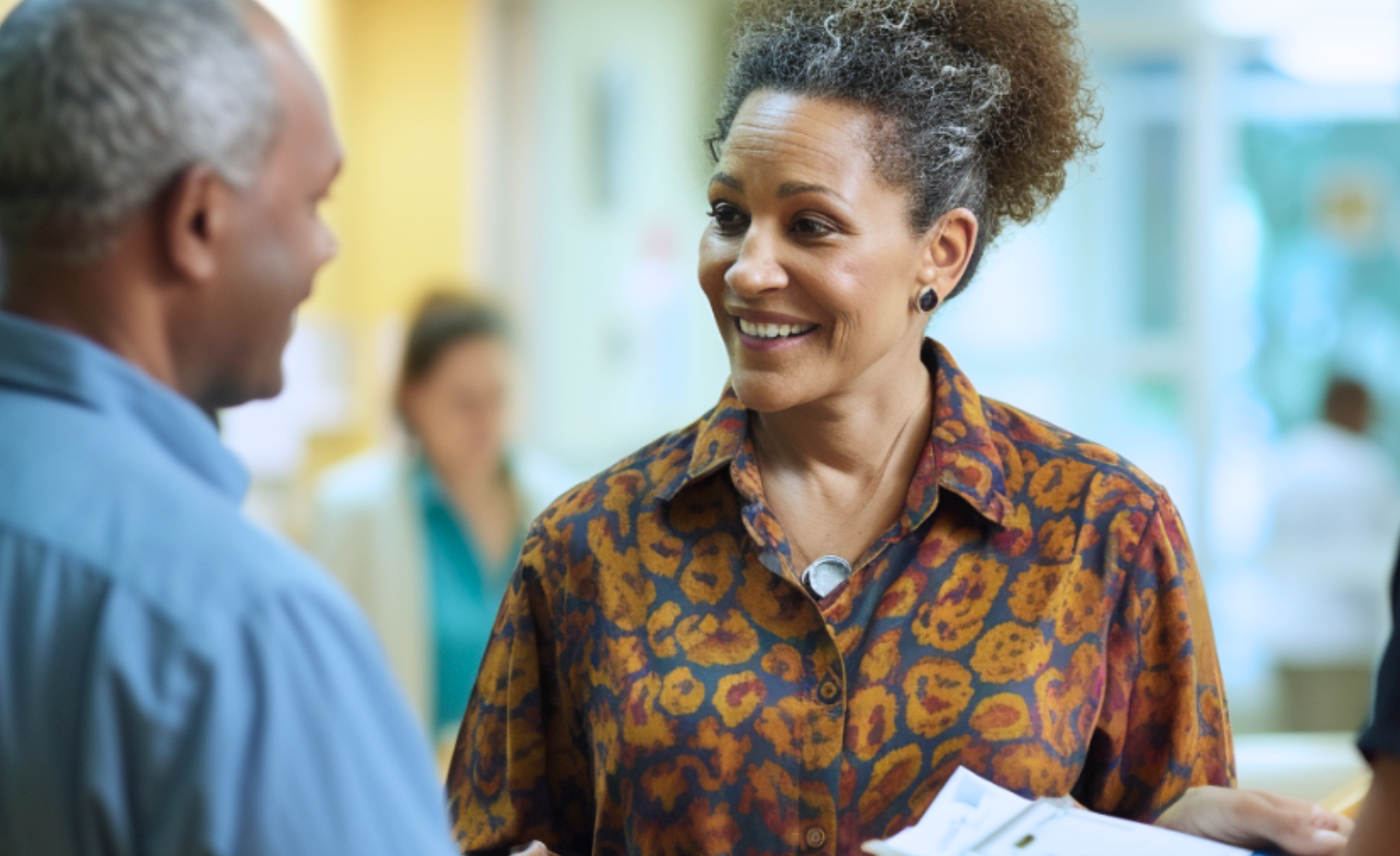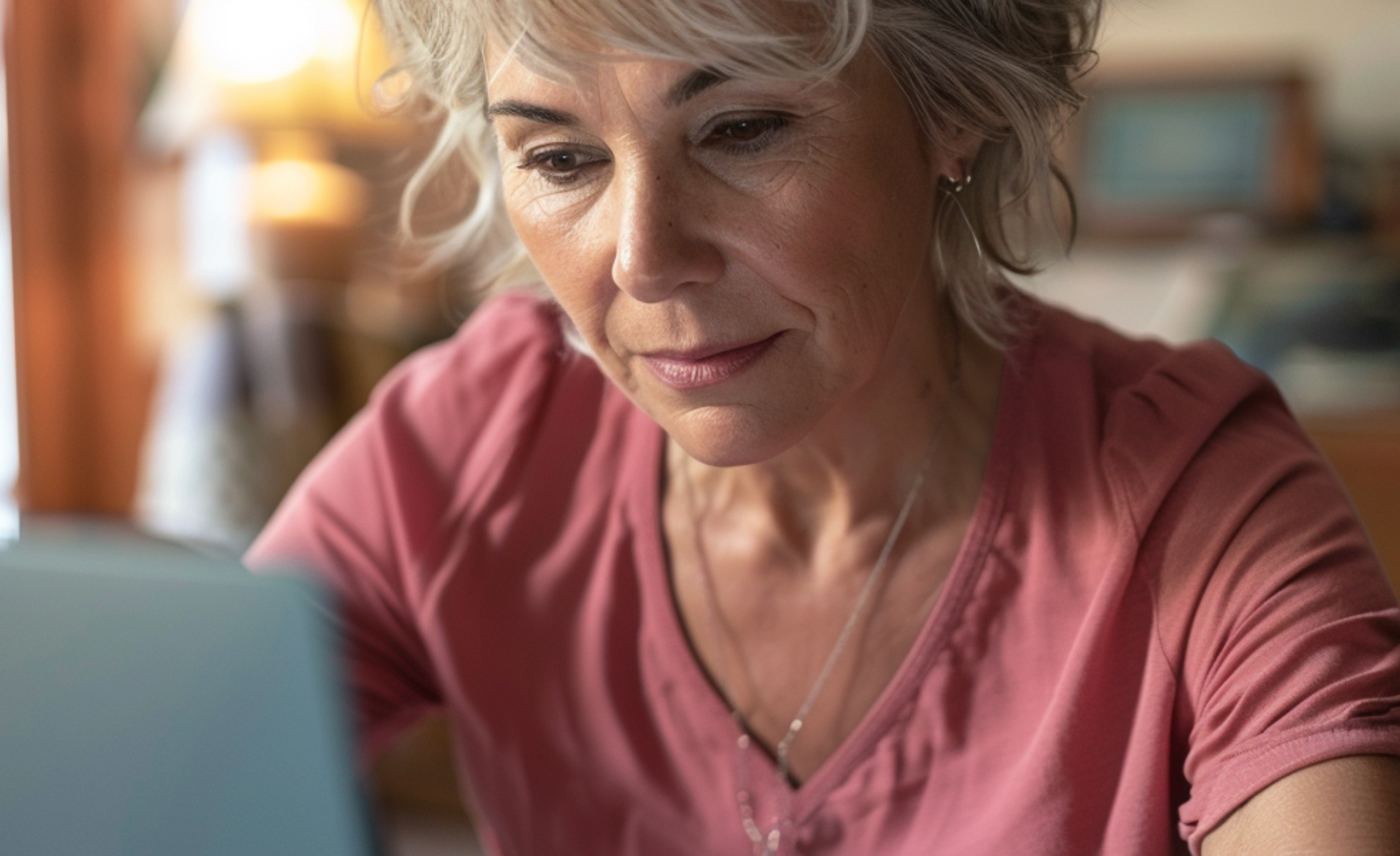Spotting the Signs of Elder Abuse



Plan your expenses and deductions strategically each year
Egestas tincidunt ipsum in leo suspendisse turpis ultrices blandit augue eu amet vitae morbi egestas sed sem cras accumsan ipsum suscipit duis molestie elit libero malesuada lorem ut netus sagittis lacus pellentesque viverra velit cursus sapien sed iaculis cras at egestas duis maecenas nibh suscipit duis litum molestie elit libero malesuada lorem curabitur diam eros.
- Morbi fringilla molestie magna sed dictum. Praesent pharetra turpis augue.
- Cras mi purus, viverra vitae felis sit amet, tincidunt fringilla lorem.
- non mattis urna ex nec sem. Donec varius diam et suscipit venenati proin tincidunt
- Quisque euismod posuere lacus sit amet volutpat. Praesent vel imperdiet
Maintain accurate and organized financial records for easy reporting
Tincidunt pharetra at nec morbi senectus ut in lorem senectus nunc felis ipsum vulputate enim gravida ipsum amet lacus habitasse eget tristique nam molestie et in risus sed fermentum neque elit eu diam donec vitae ultricies nec urna cras congue et arcu nunc aliquam at.

Talk to a tax professional for expert guidance
At mattis sit fusce mattis amet sagittis egestas ipsum nunc scelerisque id pulvinar sit viverra euismod. Metus ac elementum libero arcu pellentesque magna lacus duis viverra pharetra phasellus eget orci vitae ullamcorper viverra sed accumsan elit adipiscing dignissim nullam facilisis aenean tincidunt elit. Non rhoncus ut felis vitae massa mi ornare et elit. In dapibus.
- Morbi fringilla molestie magna sed dictum. Praesent pharetra turpis augue.
- Cras mi purus, viverra vitae felis sit amet, tincidunt fringilla lorem.
- non mattis urna ex nec sem. Donec varius diam et suscipit venenati proin tincidunt
- Quisque euismod posuere lacus sit amet volutpat. Praesent vel imperdiet
Personalized Marketing: AI helps in analyzing customer data to create personalized marketing campaigns
At mattis sit fusce mattis amet sagittis egestas ipsum nunc. Scelerisque id pulvinar sit viverra euismod. Metus ac elementum libero arcu pellentesque magna lacus duis viverra. Pharetra phasellus eget orci vitae ullamcorper viverra sed accumsan. Elit adipiscing dignissim nullam facilisis aenean tincidunt elit. Non rhoncus ut felis vitae massa. Elementum elit ipsum tellus hac mi ornare et elit. In dapibus.
“Amet pretium consectetur dui aliquam. Nisi quam facilisi consequat felis sit elit dapibus ipsum nullam est libero pulvinar purus et risus facilisis”
Use accounting and tax software to make management easier
Placerat dui faucibus non accumsan interdum auctor semper consequat vitae egestas malesuada quam aliquam est ultrices enim tristique facilisis est pellentesque lectus ac arcu bibendum urna nisl pharetra bibendum felis senectus dolor commodo quam elementum sapien suscipit qat non elit sagittis aliquam a cursus praesent diam lectus tellus mi lobortis in amet ac imperdiet feugiat tristique nulla eros mauris id aenean a sagittis et pellentesque integer ultricies sit non habitant in cras posuere dolor fames.
What is World Elder Abuse Awareness Day?
The United Nations has designated June 15 as World Elder Abuse Awareness Day (WEAAD), highlighting the importance of protecting older adults from abuse. According to the World Health Organization (WHO), "Elder abuse can be defined as a single, or repeated act, or lack of appropriate action, occurring within any relationship where there is an expectation of trust which causes harm or distress to an older person."
Elder abuse can take many forms, both intentional and unintentional, including neglect and systematic abuse or issues related to financial, physical, psychological, and sexual care.
Recognizing the Signs of Elder Abuse
Elder abuse is a serious issue, affecting approximately one in 10 older people each year, as estimated by the National Institute on Aging (NIA). Unfortunately, the signs of elder abuse often go unreported, leaving abusers unpunished. It’s important to remember that abuse can occur not only in elder care homes or communities but often by relatives or friends of the older person.
Elder abuse can manifest in various ways, often through changes in behavior, mental state, physical health, or financial stability. Some signs to watch for include:
- Weight loss or malnutrition
- Dehydration
- Poor hygiene
- Hesitation to speak freely or creating irrational stories
- Anxiety, depression, fear, or confusion
- Injuries such as bruises, cuts, burns, or broken bones
- Unexplained financial losses, excessive gift-giving, or restricted access to finances
- Withdrawal from social connections
- Bedsores or ulcers
- Missing medical aids like walkers, dentures, glasses, or medications
- Unsafe or unclean living conditions
Certain factors increase the risk of elder abuse. Older adults who are over 80, female, isolated, in poor health, or cared for by a financially dependent live-in caregiver are particularly vulnerable.
Preventing Elder Abuse: The Role of Education
Education is essential in preventing elder abuse. GetSetUp offers a range of classes that empower older adults, their families, and caregivers with the knowledge they need to identify and prevent abuse. By learning to recognize the signs and understanding the steps to take, individuals can protect themselves and others from potential harm.
Staying Safe and Informed
Older adults can take proactive steps to protect themselves from abuse:
- Stay healthy and seek professional help for issues like drug, alcohol, or depression concerns.
- Encourage family members to address their own mental health issues.
- Plan your aging process by using tools like a power of attorney or living will to avoid confusion later.
- Seek independent advice before signing any documents and review your will regularly.
- Stay active in your community and maintain strong social connections.
- Protect your personal information by avoiding sharing it over the phone or through mail managed by someone else.
- Use direct deposit for checks and maintain your own phone.
- Know your rights, especially if you live in long-term care or pay for care services.
For more information on how to report elder abuse and neglect, check your state’s Adult Protective Services.
Bring GetSetUp to your organization
We partner with Medicare Advantage plans, dual eligible plans, healthcare providers, Departments of Health & Human Services, Government aging services and more.



